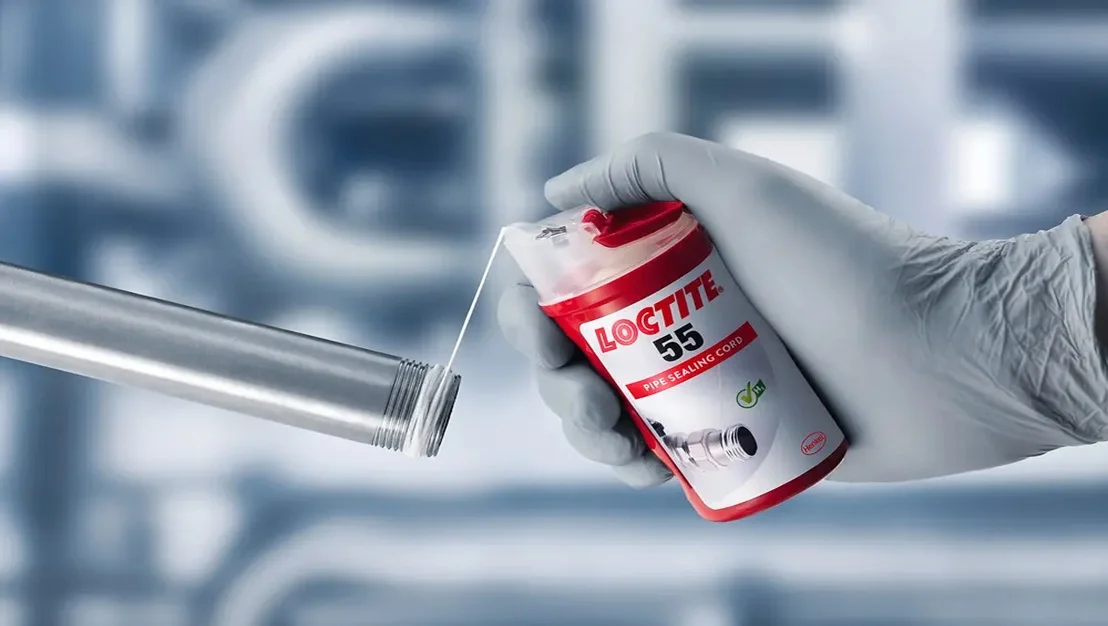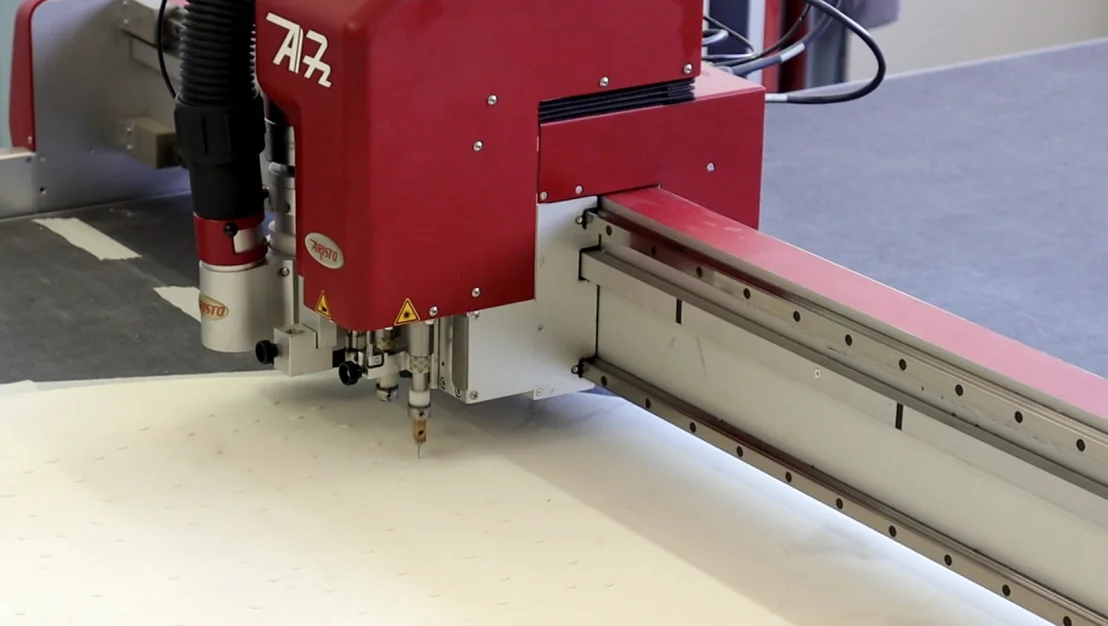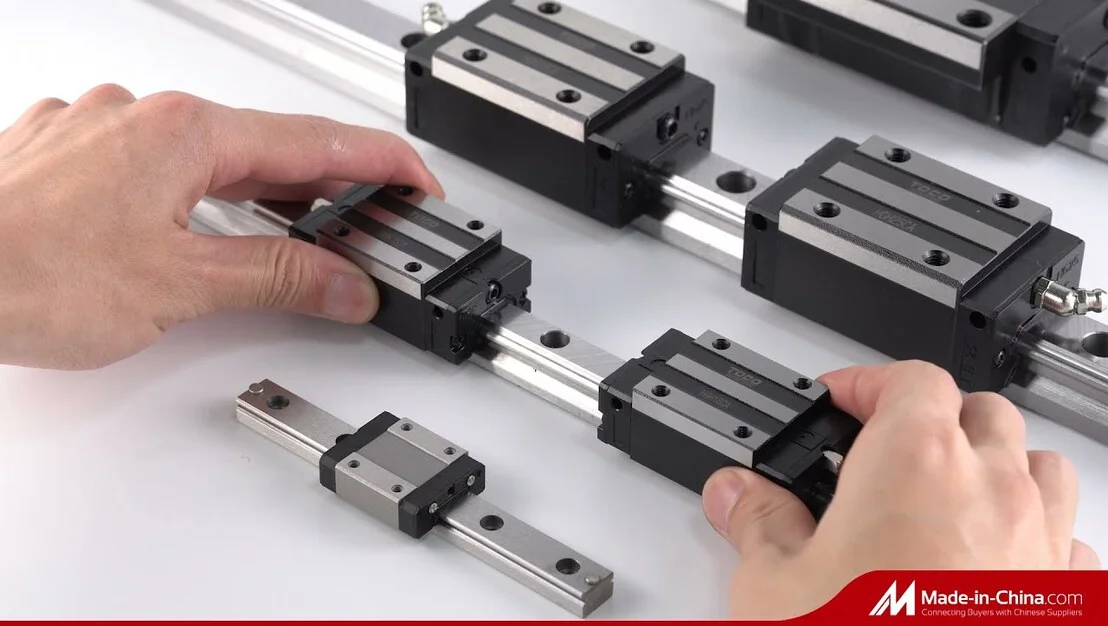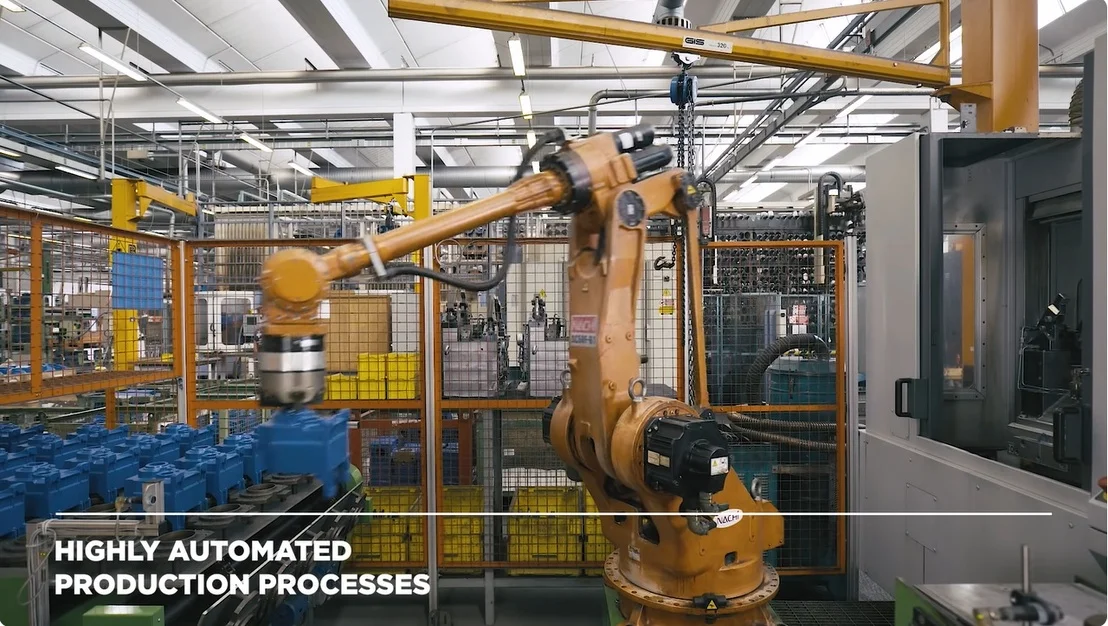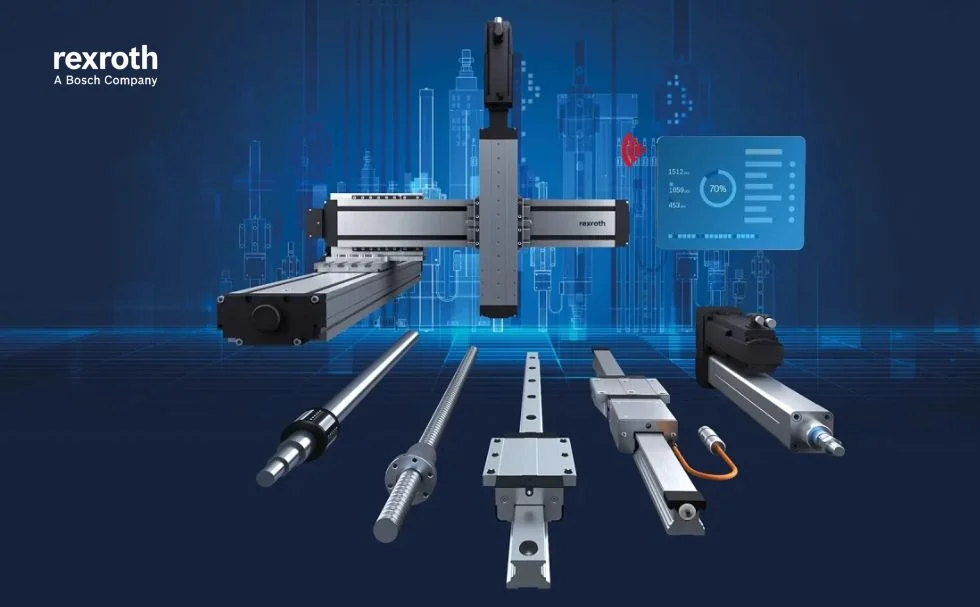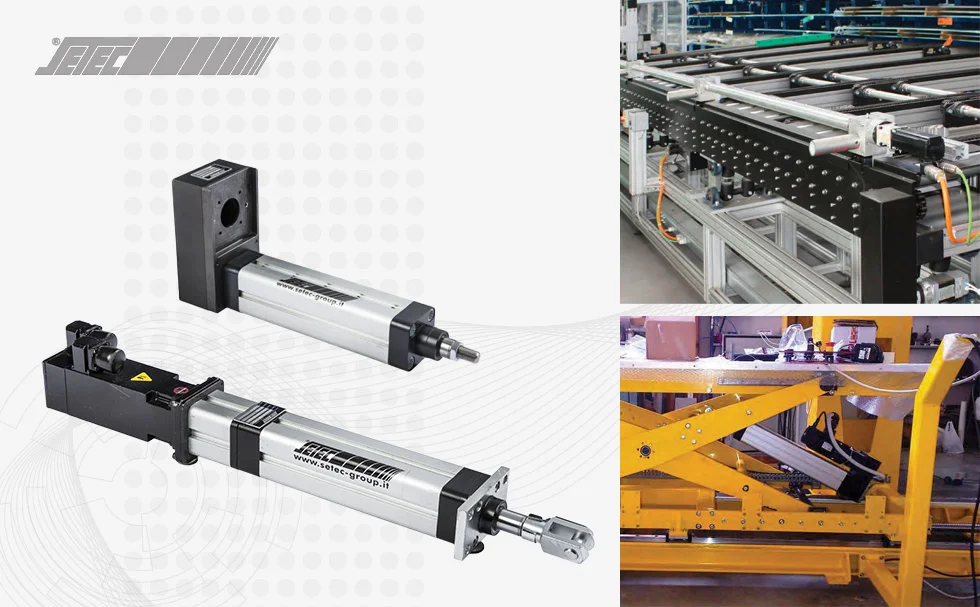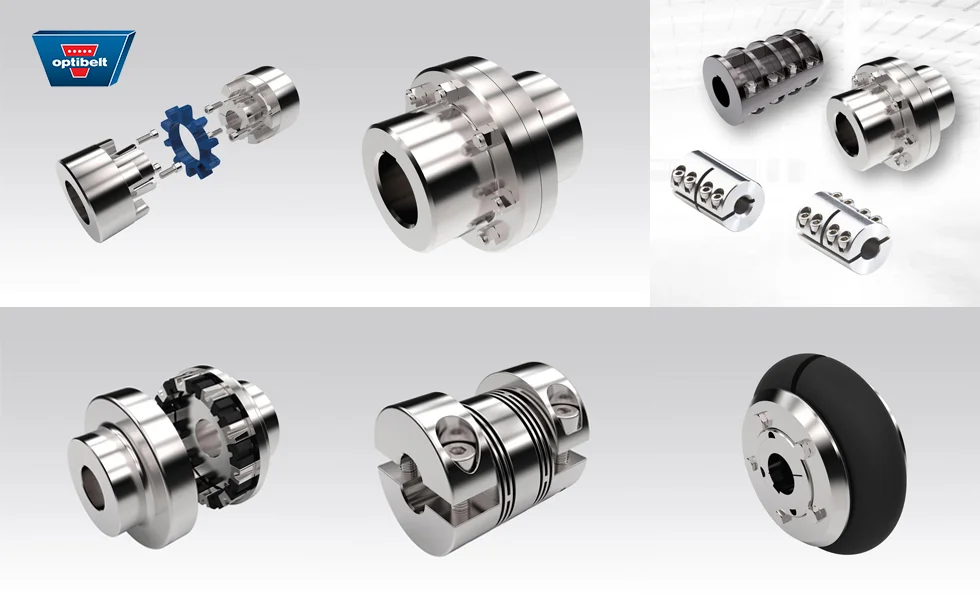Laboratory Oil Analysis
Achieving more reliable performance with laboratory oil analysis
At M&M Intercom, we provide top-level laboratory oil and lubricant analysis in cooperation with independent, accredited European laboratories. Regular monitoring of lubricants and fluids allows early detection of problems, prevents failures, and helps extend service intervals. The service includes professional analysis and interpretation of results.
What does laboratory oil analysis include?
The analysis is carried out for different types of technical fluids, including:
- industrial lubricants,
- automotive oils,
- coolants (e.g., antifreeze),
- non-emulsifying cooling lubricants,
- fuels and other specialized fluids.
Each laboratory oil analysis provides a complete overview of the oil condition and reveals wear of components and other hidden issues in equipment.
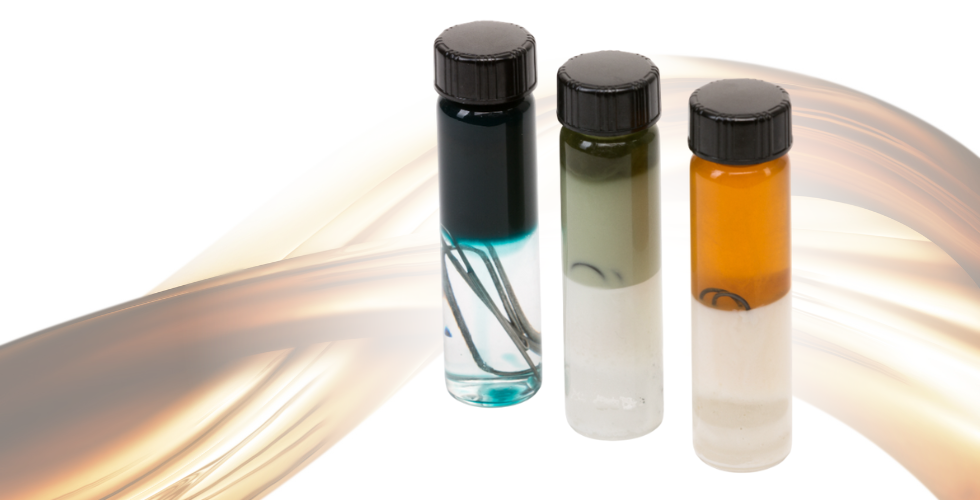
Why is oil analysis important?
Just as blood reflects the health of a person, laboratory oil analysis shows the condition of your machine. It enables:
- detection of signs of wear and contamination,
- review of lubricating properties and oil efficiency,
- determination of the optimal time for replacement,
- detection of damage before a breakdown occurs,
- monitoring of equipment quality and performance.
Advantages of laboratory oil analysis
Regular lubricant analysis brings numerous benefits:
- Extends machine lifespan.
- Reduces unexpected repair costs.
- Allows accurate service scheduling.
- Lowers consumption of used and waste oil.
- Contributes to a company’s environmental responsibility.
Comprehensive support and fast execution
The M&M Intercom team manages the entire process:
- Sampling and collection,
- Sending to an accredited laboratory,
- On-time delivery of results,
- Professional interpretation and consulting,
- Long-term monitoring for each piece of equipment
With regular laboratory oil analysis, you increase reliability, reduce the risk of production downtime, and significantly save on maintenance.
E-mail: [email protected]
Telefon: +386 1 29 27 960
Frequently Asked Questions?
1. How is laboratory oil analysis performed?
A lubricant sample is sent to an accredited European laboratory, where advanced methods determine its chemical composition, presence of metal particles, wear, contamination, and other key parameters. Results are then interpreted by experts.
2. What types of lubricants can you analyze?
We analyze all types of industrial and automotive lubricants, coolants (antifreeze), non-emulsifying cooling lubricants, and fuels. Special synthetic or customized oils can also be analyzed.
3. How often should oil analysis be performed?
We recommend analysis during every regular service interval or when abnormal equipment operation is suspected. For critical machinery, more frequent monitoring is advisable to prevent failures.
4. What are the benefits of laboratory lubricant analysis?
It enables early detection of wear and contamination, optimization of oil change intervals, prevention of costly downtime, and reduction of repair expenses. Analysis extends equipment and lubricant life.
5. How quickly are analysis results available?
Results are usually ready within a few days after the sample is delivered to the laboratory. For urgent cases, faster processing is possible with an additional fee.
6. Can oil analysis be performed for small businesses or individuals?
Yes. The service is suitable for large industrial companies as well as small workshops, service providers, and individuals who wish to check the condition of lubricants in their vehicles or machines.

